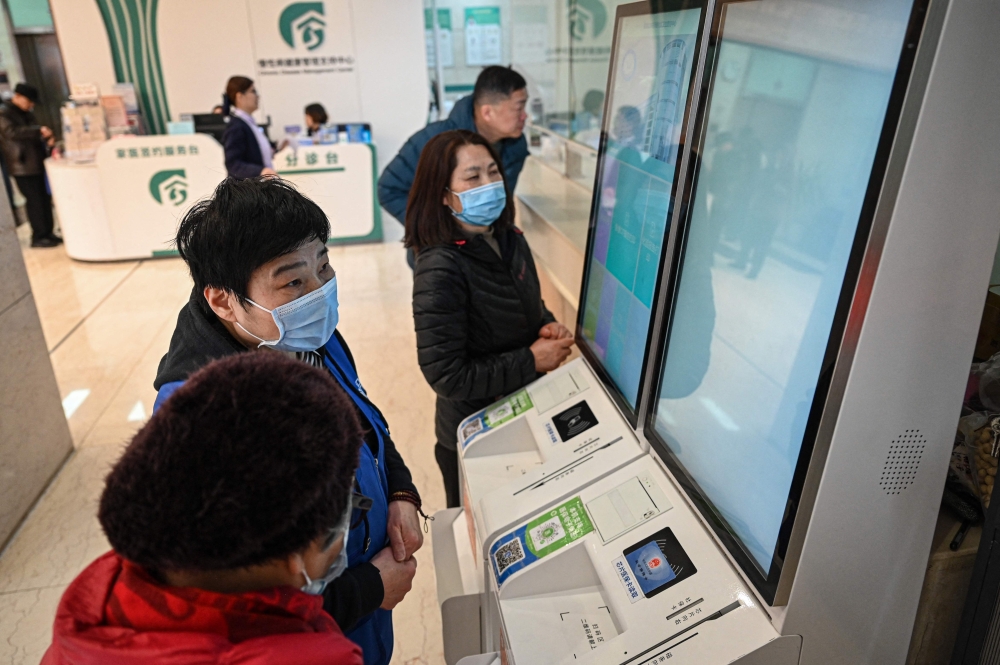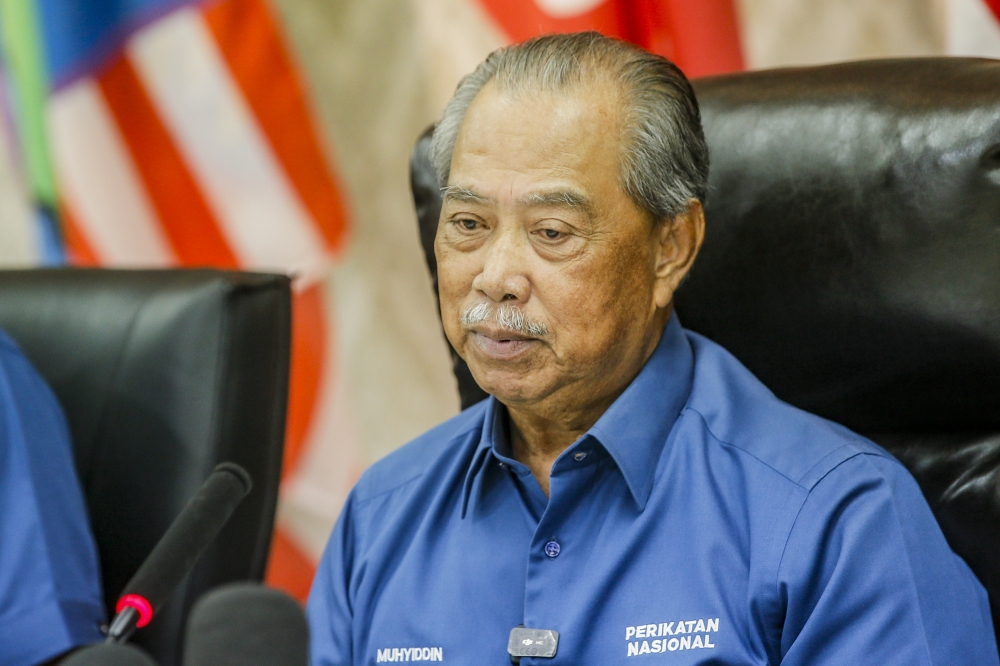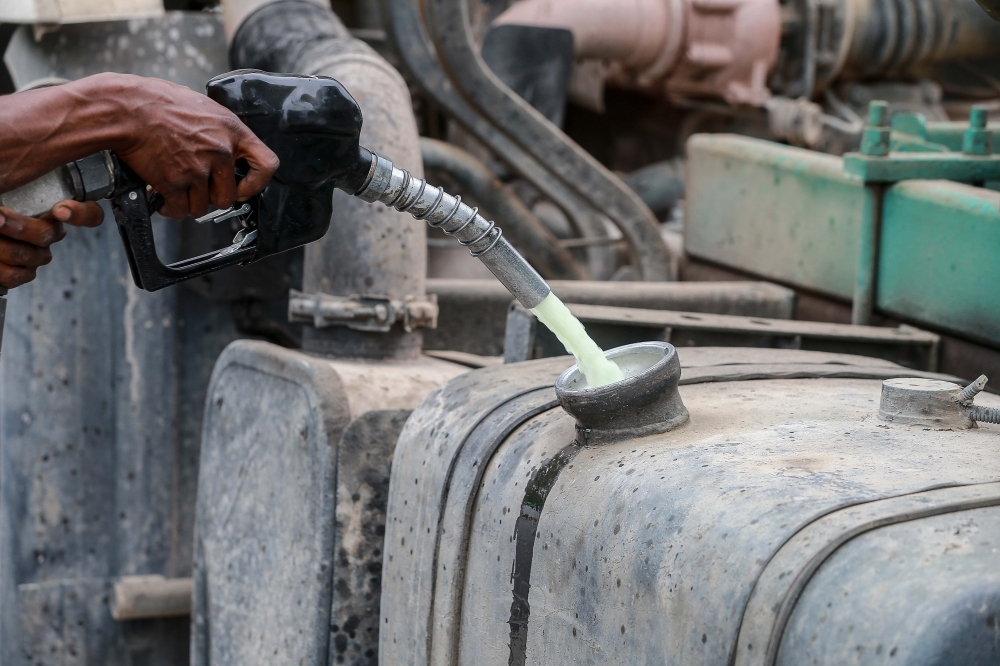FEBRUARY 18 — … it’s with Fast Moving Consumer Goods companies (FMCG), with policy makers and ultimately with us, consumers.
Current situation
Only 20 per cent[1] of all produced palm oil is Certified Sustainable palm oil. But this doesn’t mean that the other 80 per cent is produced unsustainably, it means there’s not enough demand for Certified Sustainable palm oil. In fact, half of the 20 per cent Certified Sustainable palm oil has remained unsold for many years, some producers have even started to drop sustainability certification due to the lack of demand and the significant additional costs involved in certification, even though their palm oil is perfectly sustainably produced.
The reason there’s not more demand for Certified Sustainable palm oil is because FMCG companies don’t buy enough of it. The reason why they don’t buy enough, or more, of it is because consumers don’t demand it from them. And the reason why consumers don’t demand it from them is because consumers are kept in the dark by FMCG companies about ingredients in the products they purchase and consume.
50 per cent[2] of all products in a supermarket contain palm oil. However, we will be hard-pressed to find any product in a supermarket that mentions palm oil as one of its ingredients, let alone Certified Sustainable palm oil. It’s like looking for a needle in a haystack…
Why is this so? Because FMCG companies believe palm oil has a negative connotation so they prefer consumers don’t associate their products with palm oil, thereby keeping the palm oil debate and their product portfolio purposely separated. Instead they chose to confuse consumers by calling it Stearin Oil, Vegetable Oil, Stearic Acid, Glyceryl Stearate and many other technical names we do not link to palm oil.
So, if Consumer Goods producers refuse to be transparent about ingredients in their products, how are consumers expected to demand the sustainable version of those ingredients?
Problem
This is how the FMCG industry has collectively, and probably inadvertently, ‘allowed’ NGOs and anti-palm oil interest groups to lead the palm oil discussion in public, resulting in consumers only being exposed to the palm oil industry’s ugly unsustainable side, because that’s what NGOs and anti-palm oil interest groups naturally focus on.
Yes, the palm oil industry, like many industries, has an ugly side that needs to be addressed. It involves illegal deforestation, habitat destruction, exploitation of workers and peat soil conversion.
However not all producers are unsustainable, in fact most palm oil is produced in a sustainable manner.
But because the FMCG industry chooses not to engage consumers about this key-ingredient, many consumers believe all palm oil is produced unsustainably.
Sure, these FMCG companies have lofty sustainability targets in their annual reports talking about increasing the amount of Certified Sustainable palm oil purchases every year over a period they have established for themselves, however those targets seem to be merely there to tell themselves and their shareholders that they’re being very sustainable companies and are doing ‘everything they can’.
However, they’re not. They could have and should have done a lot more. They could have purchased 100 per cent sustainable palm oil starting many years ago, since there’s been a huge surplus for over 10 years, however it would have increased their cost, reduced their profits and they would have ‘risked’ their reputation by directly linking their consumer brands to palm oil.
The FMCG industry has allowed NGOs and anti-palm oil lobbies to shape public perception on palm oil.
Solution
An action that could correct this situation is for Governments to compel FMCG companies to be transparent about their ingredients, through consumer goods labelling laws.
With Indonesia and Malaysia standing to gain the most, their governments should lead the charge and amend their consumer goods labelling laws on declaring palm oil ingredients.
The law should make it illegal to refer to palm oil in any other term than palm oil and must mention whether it uses Certified Sustainable or Uncertified palm oil as an ingredient, only then can consumers create demand for sustainable palm oil. Surely Southeast Asian consumers are already more educated about palm oil and will readily accept such a move without any impact to the markets of those FMCG companies.
Subsequently, after leading by example, Indonesia and Malaysia should compel other palm oil producing countries as well as consuming markets such as the EU, India, China and the USA to implement the same labelling laws.
This would then correct the market by putting the power of demand back where it belongs: with consumers.
It’s about time the FMCG industry was compelled by governments to tell consumers the truth about palm oil.
* Notes
[2] https://www.wwf.org.uk/updates/8-things-know-about-palm-oil
* Bas Melssen is an Academic Senate Member at Genovasi University College.
** This is the personal opinion of the columnist.






















